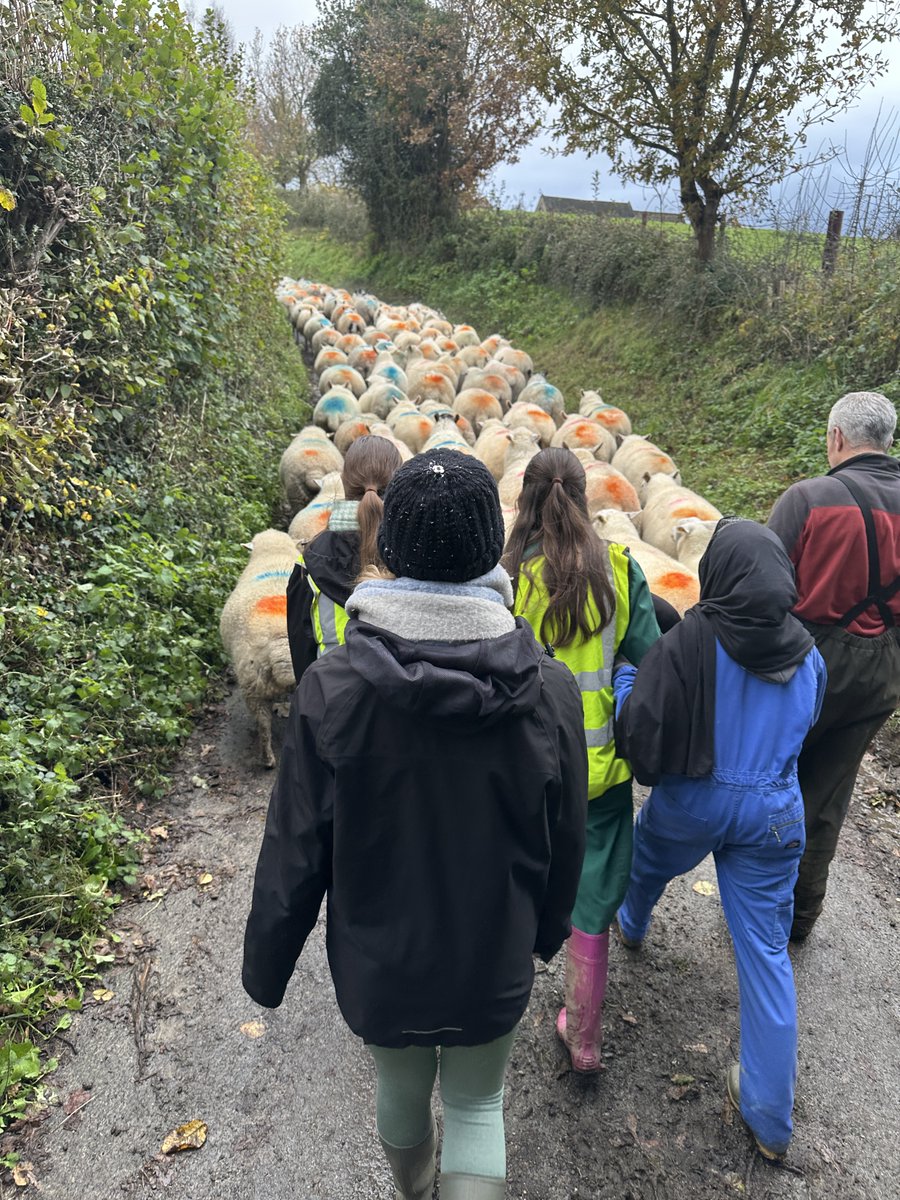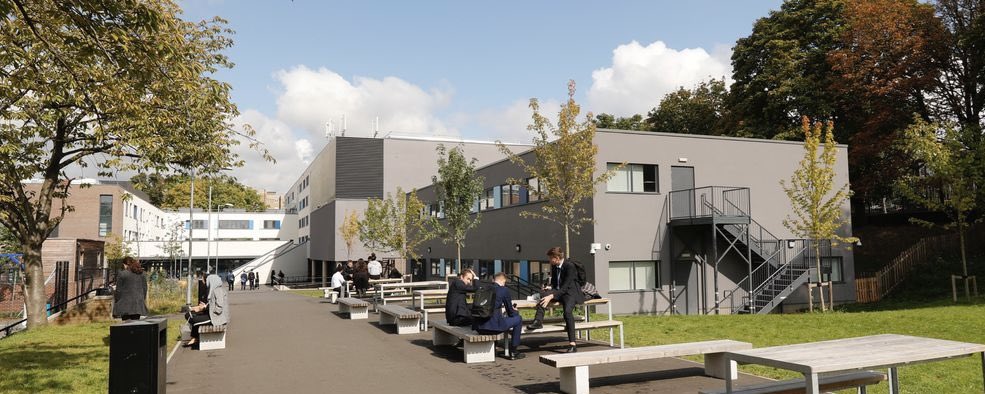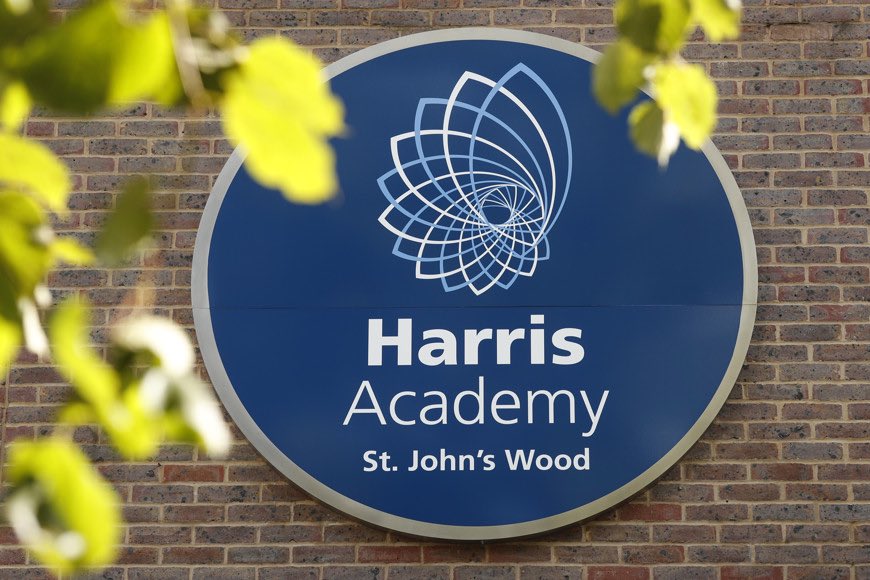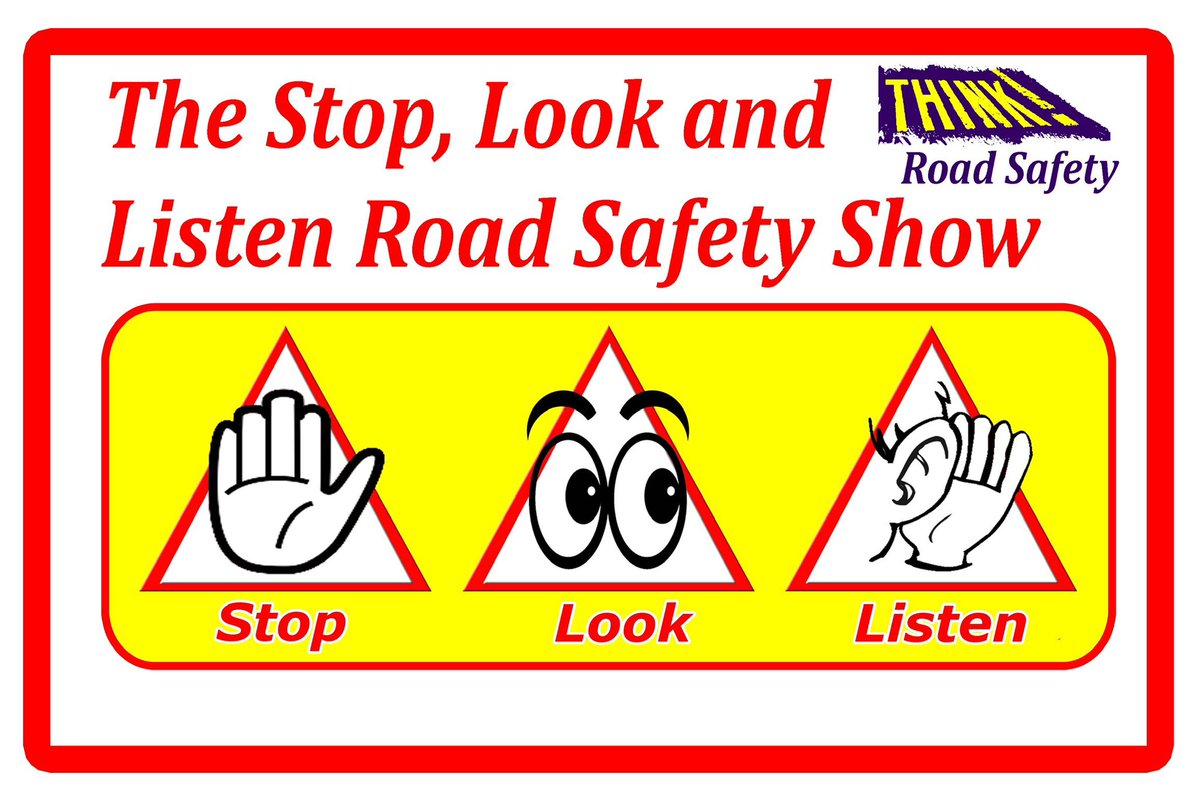404 Error: Page cannot be found
Page : https://www.harrisstjohnswood.org.uk//1789/assessment-and-school-reports
The page you were looking for cannot be found. It may have moved or been deleted.
06/12/24
Nothing quite like the feeling of togetherness and sense of achievement that comes with completing a sheep move! The young people of @Harris_SJW made this 3-mile walk/run look effortless 💪 #JFBath #teamwork pic.twitter.com/N0fInL6eVt
follow us @Harris_SJW
19/10/24
You can hire the facilities at Harris Academy St John's Wood on Evenings, Weekends and School Holidays! For further booking information and a detailed look around the academy, please visit - https://t.co/ZQmjT19b6L @Harris_SJW pic.twitter.com/RXwx4LDHRK
follow us @Harris_SJW
09/10/24
📢 Come along to our Sixth Form Open Evening tomorrow and see what makes us ‘Outstanding’! 🌟 Tour our facilities, meet inspiring teachers and get all your questions answered! 🗓️ Thursday 9th October ⏰ 5PM - 7PM 📍 Harris Academy St John’s Wood We can’t wait to see you! 🎓 pic.twitter.com/cosKlHBlGO
follow us @Harris_SJW
09/10/24
Kinetic graduate Rafiq Lamptey signs for Millwall FC ✍️ 18 year old Rafiq had been a part of our academy programme at @Harris_SJW for the last 2 years. He joined us after spells at Brentford and Watford’s Academy. Rafiq joins fellow Kinetic graduates Kamarl Grant and Niino… pic.twitter.com/MNjfKKHlWs
follow us @Harris_SJW
03/10/24
What a fantastic Year 6 Open Evening! 🎉 Thank you to everyone who attended. Each department had the chance to showcase their specialisms. 🌍🎨🔬 We’re so proud of our school community and can’t wait to welcome the next cohort of students! pic.twitter.com/aXKESAi3W2
follow us @Harris_SJW
29/09/24
Congratulations to our 18 DofE students for successfully finishing their expedition! 🥾⛺️ They’ve shown incredible strength, teamwork and perseverance. We’re so proud of you all! 👏 #DofE
follow us @Harris_SJW
26/09/24
Off they go! 🗺️🧭 Our Sixth Form students are starting their two-day, one-night expedition for the Duke of Edinburgh Silver Award. We're so proud of their hard work and dedication - best of luck to all! 👏#DofE #LifeSkills #OutOfTheClassroom pic.twitter.com/a9L2PGWX9t
follow us @Harris_SJW
26/09/24
Off they go! 🗺️🧭 Our Sixth Form students are starting their two-day, one-night expedition for the Duke of Edinburgh Bronze Award. We’re so proud of their hard work and dedication - best of luck to all! 👏#DofE #LifeSkills #OutOfTheClassroom pic.twitter.com/gQDSUt5Jqs
follow us @Harris_SJW
19/09/24
Great turnout at our Year 7 & Year 12 Parent Meet and Greet today! 💬 We outlined the roadmap for the year ahead and together, we’ll create an enriching and supportive environment for our students. 🤝#SchoolCommunity @HarrisFed
follow us @Harris_SJW
14/09/24
A huge thank you to all the Parents and Carers who attended our Year 11 and Year 13 Meet & Greet last week! It was great connecting with you as we prepare for a fantastic year ahead. Your involvement makes all the difference! ✨#StrongerTogether #StudentSuccess @HarrisFed
follow us @Harris_SJW
12/09/24
Dedication, Determination, Destiny – these are the core values that guide our journey at HASJW. Together, we strive for excellence and shape a future full of possibilities! 🏆 pic.twitter.com/RBEIlgJvfq
follow us @Harris_SJW
09/09/24
🚸 Safety First! 🚸 We kindly ask all parents to remind their children about road safety, especially with the busy roads in front of our school. Please use designated crossings and be extra cautious during drop-off and pick-up times. Together, we can stay safe! #RoadSafety pic.twitter.com/VVaaK0PrfQ
follow us @Harris_SJW
06/09/24
🎉 We’ve wrapped up the first week of school! It’s been amazing welcoming all our students back and seeing the excitement for the year ahead. Looking forward to a year filled with growth and achievement for all.🌟📚 #BackToSchool #StayMotivated@HarrisFed
follow us @Harris_SJW
22/08/24
🎉Congratulations to all our GCSE students on their results today!@HAWimbledon @Harris_SJW @EveningStandard pic.twitter.com/sUroyOCsjM
follow us @Harris_SJW
22/08/24
GCSE Results Day is in full swing! Best of luck to all our students and everyone across the country collecting their results today. We’re so proud of all you’ve achieved! 🎉👏#GCSE #GCSEresults pic.twitter.com/xSVObWP7ae
follow us @Harris_SJW
15/08/24
👏Congratulations to John and Ahad at Harris Academy St John's Wood on their brilliant results!@Harris_SJW pic.twitter.com/b5NuSDAJkS
follow us @Harris_SJW
15/08/24
We’re SO proud of all of our students receiving their A Level and vocational results today https://t.co/YKA4LOmLjs #Determination #Dedication #Destiny pic.twitter.com/JmN3mGc4cC
follow us @Harris_SJW
24/07/24
Great to have @GamCare in the academy yesterday to present to Year 8/9/10 about the dangers of online gaming and gambling. Important messages for students to take heed of as they go into the summer break ☀️. #PSHRE #safeguarding #KeepingOurChildrenSafe pic.twitter.com/7lEaa7TIBC
follow us @Harris_SJW
12/07/24
🎉 Congratulations to our top 10 schools for their learners' amazing completion of Bedrock Core lessons! 🎓📚 Your dedication to implementing Bedrock is truly inspiring. Keep unlocking academic potential! 🌟 #BedrockLearning #SchoolSuccess #Education pic.twitter.com/5o4X7DEj8X
follow us @Harris_SJW
12/07/24
🎉 Our school just celebrated Culture Day with vibrant outfits and rich traditions! 🌍🌺 Students and staff showcased their heritage through beautiful cultural attire, making it a day to remember! #CultureDay pic.twitter.com/U6qaKQvO9s
follow us @Harris_SJW
The page you were looking for cannot be found. It may have moved or been deleted.















